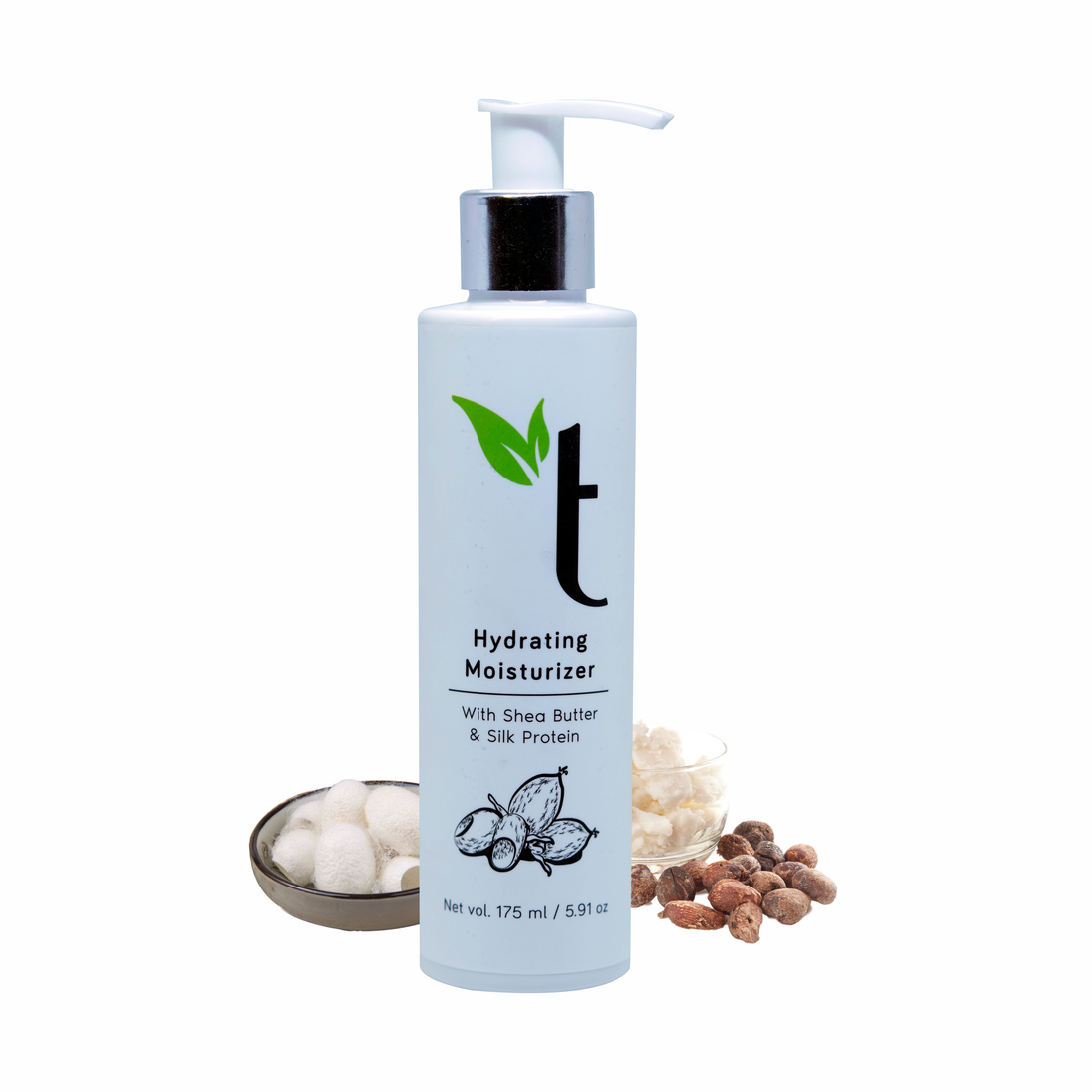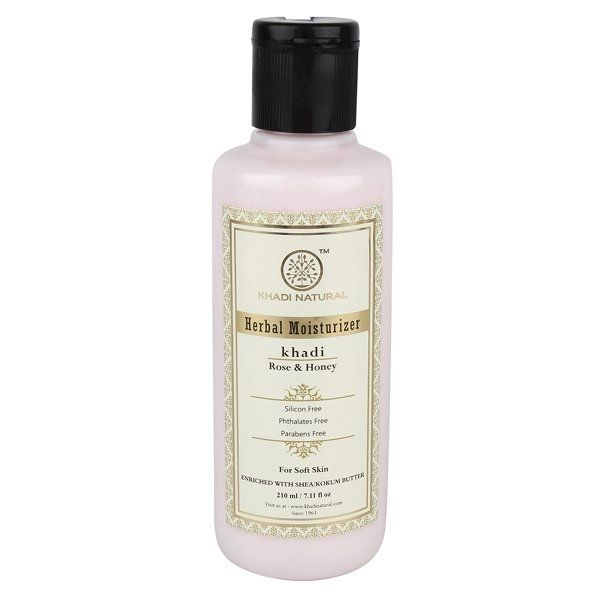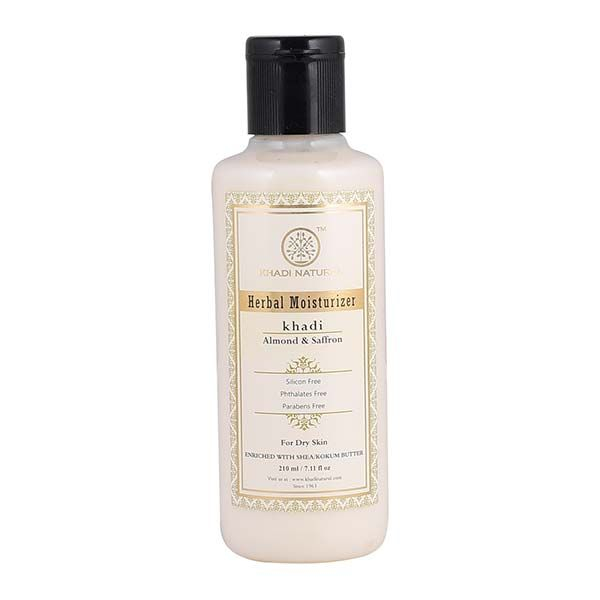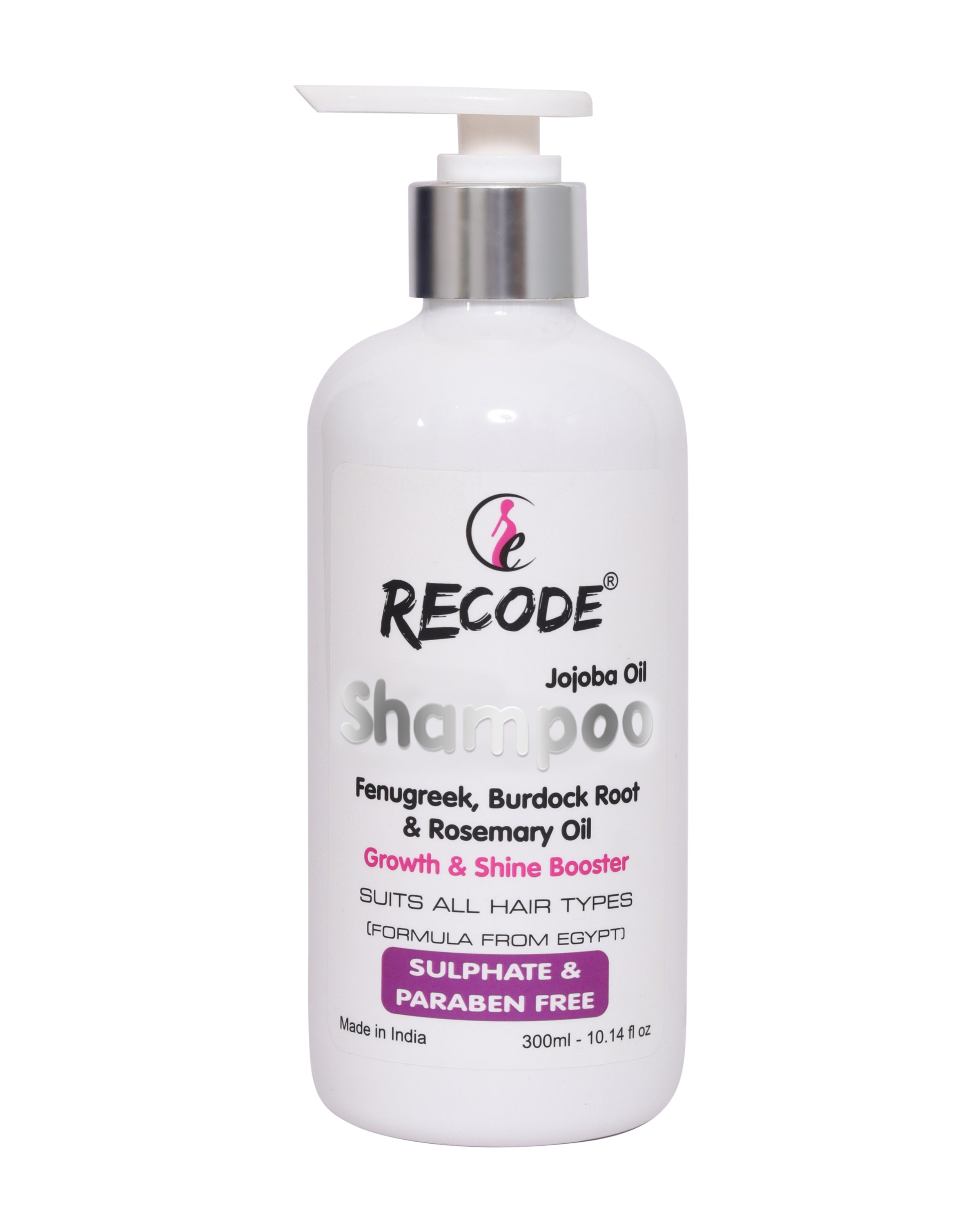Navigating product labels can feel like deciphering a secret code in the skincare world. Phrases like “dermatologist-recommended,” “paraben-free,” and “cruelty-free” are often emblazoned on the packaging, but what do they mean for your skin?
In this blog, we’ll unravel the mysteries of skincare labels, focusing on ingredient lists and key terms so that you can make informed choices for your skincare routine!
1. Understanding Skincare Labels
A. The Ingredient List: Your Blueprint to Better Skin
The ingredient list is the most crucial part of any skincare label. It’s where you’ll find a comprehensive list of all the components in the product, listed in descending order of concentration. This means that the first few ingredients comprise the bulk of the formulation.
When scanning the ingredient list, watch for key components that address your skincare needs. For instance, if you’re looking for a hydrating product, ingredients like hyaluronic acid or glycerin should feature prominently.
2. Dermatologist-Recommended: Fact or Fad?
A. The Value of Dermatologist Recommendations
Seeing “dermatologist-recommended” on a skincare label can provide a sense of reassurance. Dermatologists are skin care experts who understand the intricacies of different skin types and conditions. Products recommended by dermatologists often undergo rigorous testing and scrutiny for safety and efficacy.
However, it’s essential to note that individual skin types vary, and what works for one person may not work for another. While a dermatologist’s endorsement is valuable, it’s still crucial to consider your skin’s unique needs and preferences.
3. Paraben-Free: What’s the Hype?
A. The Paraben Controversy
Parabens are synthetic chemicals commonly used as preservatives in skincare products. They help extend a product’s shelf life by preventing the growth of bacteria and mould. However, there has been concern about potential health risks associated with parabens in recent years.
Some studies have suggested that parabens may disrupt hormone function and contribute to health issues. As a result, many consumers opt for paraben-free products as a precautionary measure.
4. Cruelty-Free: Kindness to Animals and Your Skin
A. The Ethical Choice
The term “cruelty-free” signifies that the product and its ingredients were not tested on animals. This label holds significant ethical value for many consumers, as it aligns with a commitment to animal welfare.
Choosing cruelty-free products also often means opting for formulations free from harsh chemicals and irritants, making them a more compassionate choice for your skin and the environment.
5. Putting It All Together: A Case Study
A. Decoding a Sample Skincare Label
Let’s apply our newfound knowledge to decode a sample skincare label:
Product: Hydrating Facial Serum
Ingredient List:
- Water
- Glycerin
- Hyaluronic Acid
- Aloe Vera Extract
- Jojoba Oil
- Vitamin E
- Green Tea Extract
- Phenoxyethanol (preservative)
Label Claims: Dermatologist-Recommended, Paraben-Free, Cruelty-Free
Analysis:
- Water, Glycerin, and Hyaluronic Acid – Hydrating and moisturising formula is excellent for dehydrated skin
- Aloe Vera Extract and Jojoba Oil – Support hydration and provide soothing properties
- Vitamin E – An antioxidant that helps protect the skin from environmental damage
- Green Tea Extract – Rich in antioxidants, providing additional skin-nourishing benefits
- Phenoxyethanol – Indicates the use of a synthetic preservative
Conclusion: Empower Your Skincare Choices
Understanding skincare labels and ingredient lists empowers you to make informed decisions about the products you apply to your skin. By paying attention to key terms like “dermatologist-recommended,” “paraben-free,” and “cruelty-free,” you can tailor your skincare routine to align with your individual needs and values.
Remember, skincare is personal, and what works best for you may differ from someone else. Experiment, listen to your skin, and don’t be afraid to consult with a dermatologist for personalised recommendations. You can embark on an effective and mindful skincare journey with this knowledge.



